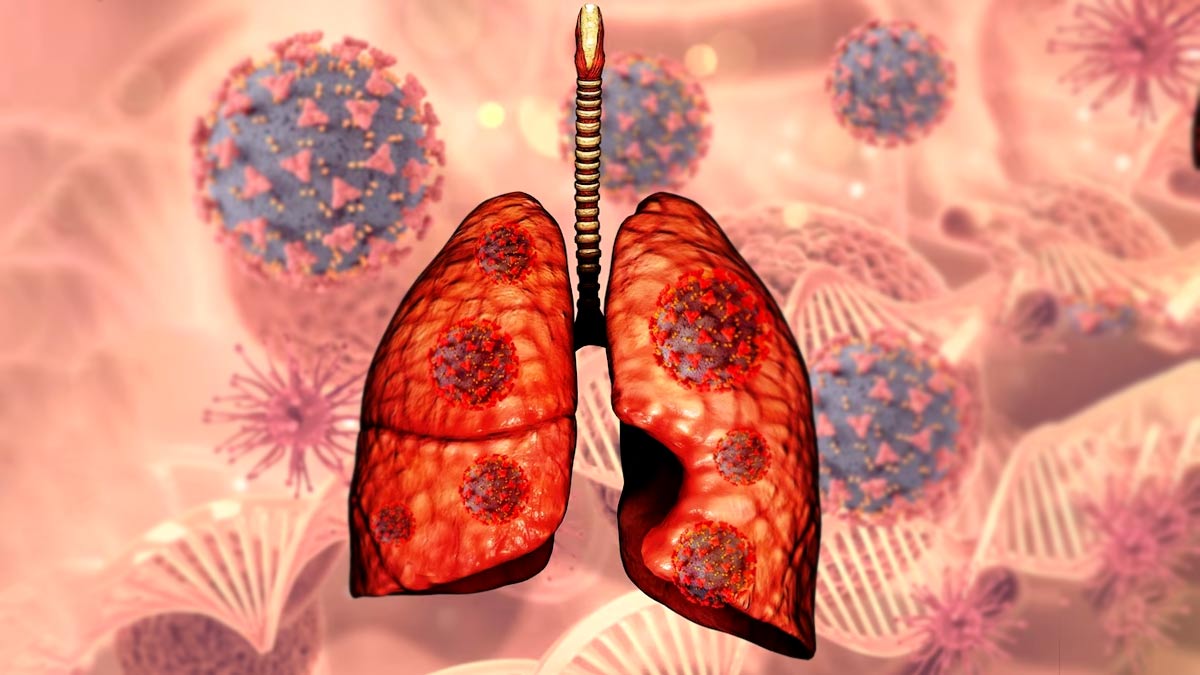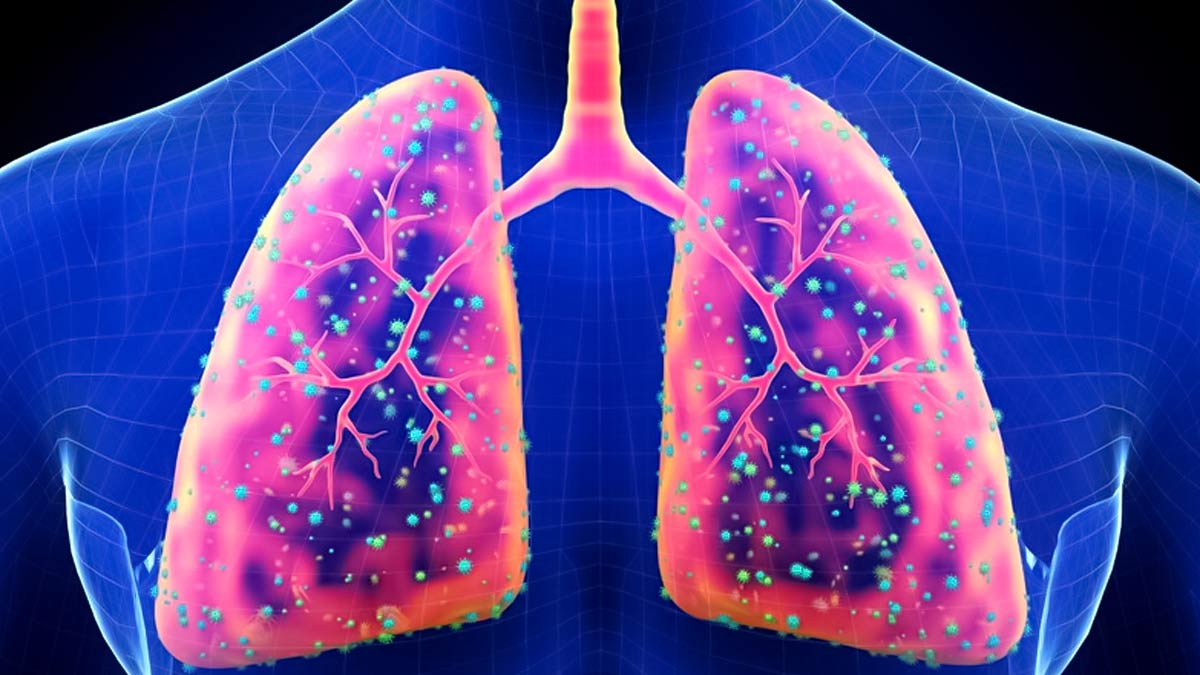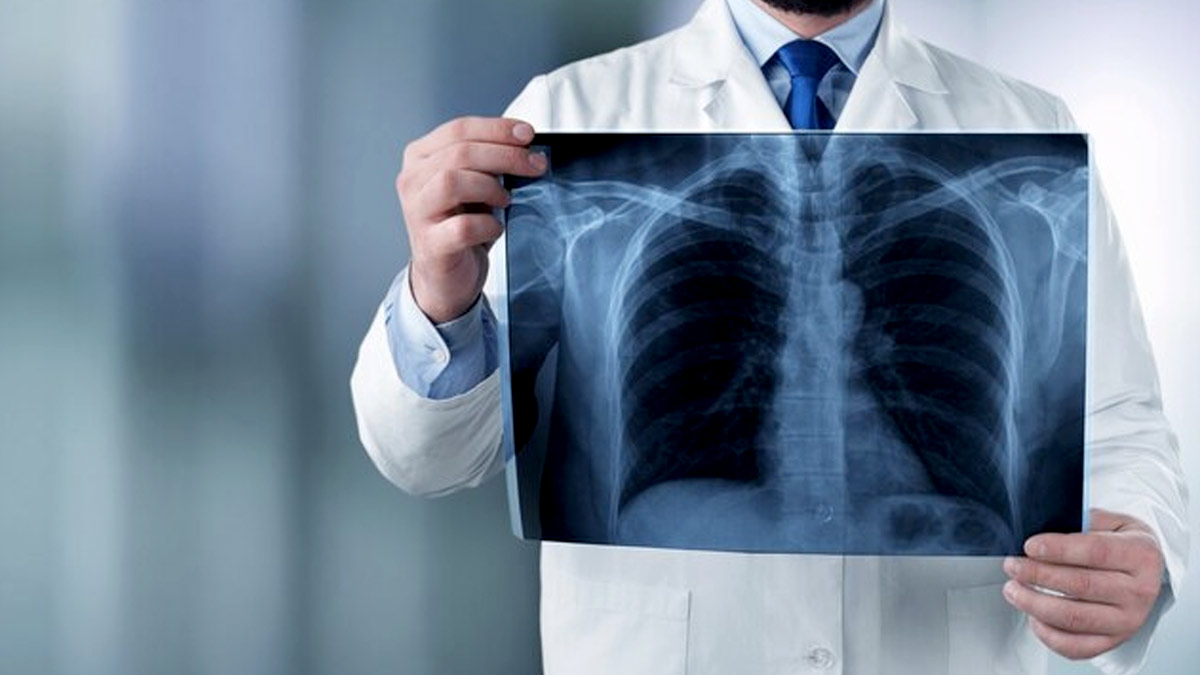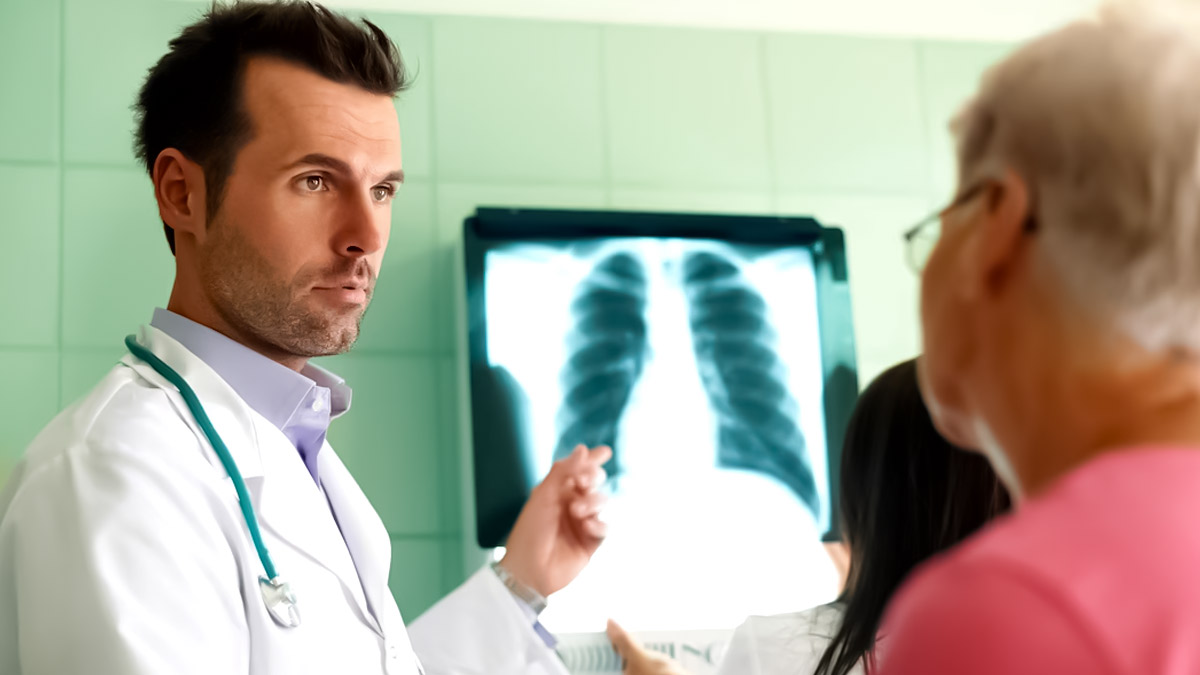

As the name suggests, lung cancer is a cancer that starts in your lungs and affects your entire health condition. It is one of the most prevalent and fatal cancers worldwide, causing the highest number of cancer-related deaths annually. While tobacco consumption in any form is an established cause of lung cancer, particularly smoking is responsible for about 90% of all lung cancers. In this article, Dr Satyanarayana Mysore, HOD and Consultant, Pulmonologist, and Lung Transplant Physician, Old Airport Road, Bengaluru listed types of lung cancer and its stages.

Dr Mysore said, “The lining of the airways is particularly vulnerable to developing lung cancer. Besides smoking, other causative factors include exposure to second-hand smoke, dust, environmental pollution, exposure to occupational hazardous toxins such as coal, arsenic, asbestos, radon, diesel exhaust, or uranium), family history, genetic predisposition, or personal history of cancer/s previously.”
According to a study by the South Asian Journal of Cancer, the age-standardised incidence rate of lung cancer is 6.9 cases per 100,000 people in our population.
Types Of Lung Cancer
Dr Mysore said, “Medically, lung cancer is not just a single entity, it is a group of malignancies (cancer) with various subtypes and stages. A thorough understanding of the cancer type and stage helps determine personalised treatment strategies for improved patient outcomes.” Based on their histological (cellular) features, lung cancers are broadly classified under two types:
- Non-small cell lung cancer (NSCLC)
- Small cell lung cancer (SCLC)
Non-Small Cell Lung Cancer (NSCLC)
NSCLC accounts for up to 85% of all lung cancer cases and has three main subtypes.
- Adenocarcinoma: Predominantly found in the outer regions of the lungs and is more common in non-smokers and women
- Squamous Cell Carcinoma: Characteristically arising in the central airways of the lungs
- Large Cell Carcinoma: Comparatively rare but may present in any part of the lung and is often more aggressive (grow and spread rapidly) than adenocarcinoma and squamous cell carcinoma
Small Cell Lung Cancer (SCLC)
Dr Mysore informed, “SCLC accounts for the remaining 15% of lung cancer cases. This type of cancer grows rapidly and has a high propensity to spread to other organs. “
Also Read: Lung Cancer In Non-Smokers: Expert Lists Symptoms, Diagnosis, And Treatment
Stages Of Lung Cancer

Based on the growth and spread of the cancer, lung cancer is divided into five stages.
- Stage 0 – Cancer is localised
- Stage I – Cancer is confined to the lung and may involve nearby lymph nodes
- Stage II – cancer has spread to nearby lymph nodes and possibly to surrounding structures
- Stage III – Cancer has spread to lymph nodes and structures in the chest, such as the heart, oesophagus, or major blood vessels
- Stage IV – Other body organs now include cancer
Treatment of Lung Cancer

Dr Mysore said, “Early detection plays a crucial role in the success of the treatment and better patient outcomes. Symptoms, such as persistent cough, blood in the sputum, shortness of breath, tightness or pain in the chest, hoarseness of voice, wheezing, and unintentional weight loss should all raise suspicion of lung cancer.”
He added, “When there is a suspicion of lung cancer, doctors can use chest X-rays or CT scans for diagnosis. They may also perform a biopsy, taking a small tissue sample to check the type of cancer under a microscope, and a PET scan to determine the cancer’s stage.” After diagnosing the type and stage, personalised treatment plans can be created accordingly.
Dr Mysore further said, “The early stages can be managed with surgery or radiotherapy. However, advanced-stage cancers may require combination therapy involving chemotherapy, targeted therapy, and a few new therapies like immunotherapy are used.” It is also imperial to monitor the symptoms and response to the therapy during the treatment and modify the treatment strategies.
Disclaimer
The information in this article is provided by the expert and is for educational purposes only. Hence, we advise you to consult with your expert for a diagnosis tailored to your needs.
اكتشاف المزيد من ينبوع المعرفة
اشترك للحصول على أحدث التدوينات المرسلة إلى بريدك الإلكتروني.
